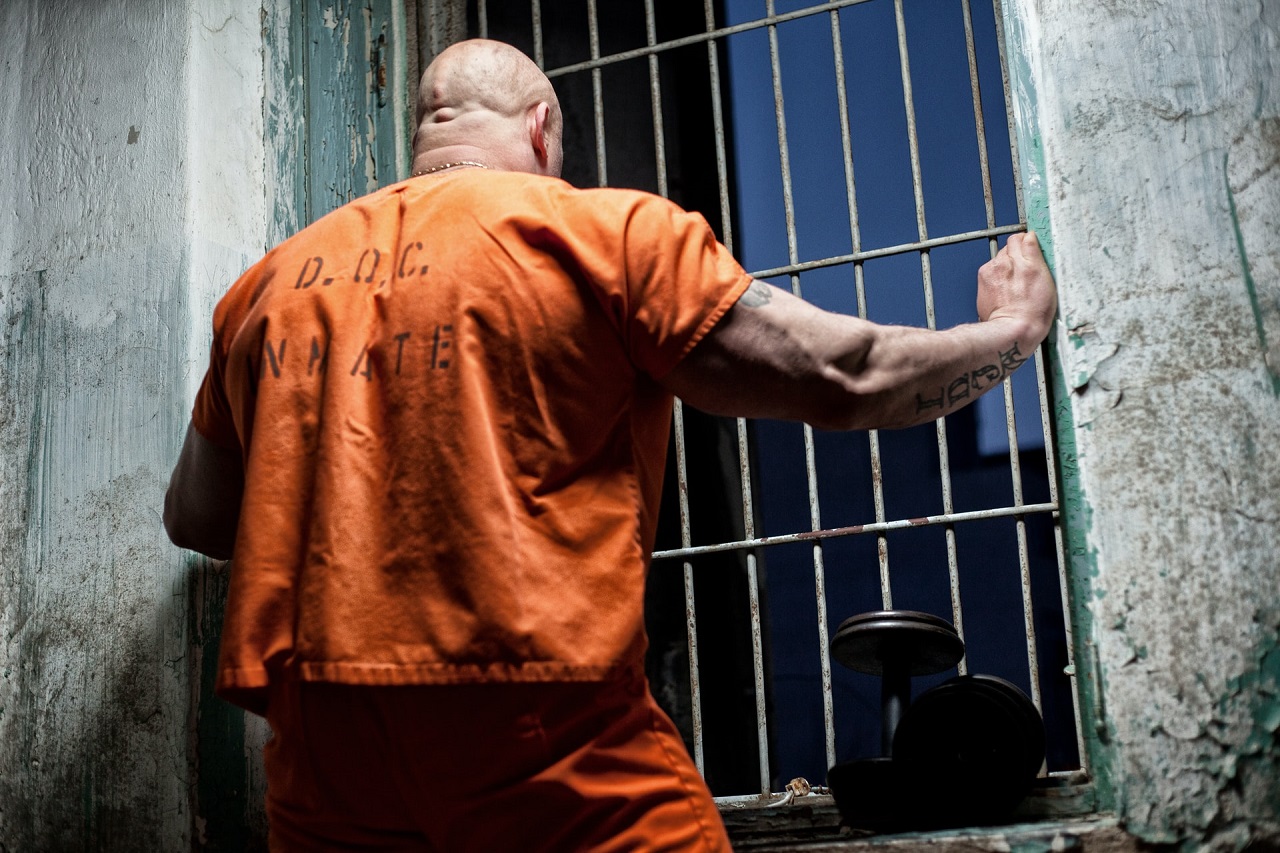Traveling is a great way to see the world, experience new cultures, and make memories that will last a lifetime. However, it is not the time to break the local laws of the country you’re in. It doesn’t matter how law-abiding you are back home. Getting arrested or detained overseas is serious business.
It’s not like the movies either. The US Department of State will not get on the phone with the president of the country you’ve been arrested in to negotiate your release. That’s not how it works. Even the US Consular offices can only do so much. If you violate a law, you should be prepared to pay the price – which means you’re subject to the justice proceedings in that state.
Keep in mind as well that ignorance of the law is not a defense in any country. If you’re backpacking through Singapore, for instance, innocuously chewing gum, you will get arrested because that’s against the law there. Kissing in public in Saudi Arabia will most definitely land you behind bars.
So, what happens to US citizens arrested or detained overseas? Here’s everything you need to know.
Getting Detained vs Arrested – Do They Mean the Same Thing
The short answer is – no, they’re not. The main difference between the two all boils down to whether or not the individual has been charged with an offense.
If you’re detained, you have not yet been formally accused of committing a crime. The police simply keep you in custody on the grounds of “reasonable suspicion.” During that time, they would question you and investigate your activities. Once they’re through, they would then release you.
The situation is entirely different if you’re arrested. This only happens if you’re charged with committing a crime. Here’s an example to drive the point home.
Let’s say you’re a tourist in Columbia and the police there spot you coming out of a sketchy building that’s known to harbor a notorious drug baron. The fact that you’re a foreign national in that part of town makes you stand out like a sore thumb.
They stop you and question you based on the suspicion that you were there to buy drugs. If they’re not satisfied with your response, they may detain you to investigate why you were truly there.
If they then search your bag and find drugs on you, they would arrest and charge you with drug possession. That’s the difference between getting detained vs arrested.

What Are My Rights as a US Citizen in a Foreign Country?
The important thing you need to be aware of is – the US Bill of Rights only applies to Americans on American soil. It is not universal. So, the rights you enjoy at home, which are protected by the Fourth, Fifth, Sixth, Seventh, and Eighth Amendments, don’t mean anything when you’re in a foreign land.
If you’re touring Japan, law enforcement officers there can take one look at you and search you at will. They don’t even need any reasonable suspicion to do so. If they arrest you and charge you with breaking the law, they can keep you in custody for up to 28 days without bail before they arraign you in court. If you insist on standing trial, you don’t have the right to a jury.
Countries like Malaysia, Singapore, Saudi Arabia, and Iran are known to routinely execute drug offenders whether you’re a local or foreign national.
The point of these examples is that, when you travel overseas, you are subject to foreign and not US laws. So, if you’re arrested or detained for a crime committed in another country, your US constitutional rights don’t mean anything to foreign governments.
The same thing applies to abetting criminal acts on foreign soil. You are subject to the penalties stipulated by the laws in that nation.
US Embassies and Consulates
Some of the frequently asked questions we often get are – Is a consulate foreign soil? Are embassies considered foreign soil?
The answer to both these questions is – no, they are not. While they are indeed protected by international law and enjoy special governing rules and various immunities, the land on which they are built remains the property of the country they’re in. The 1961 Vienna Convention on Diplomatic Relations clearly defines how embassies are treated in foreign countries.
The US, for instance, owns the property on which its embassy in Mexico is built on. This doesn’t in any way mean that it forms part of US territory since it is still technically on Mexican land.
Foreign Prisoners
Every year thousands of Americans get arrested or detained overseas. It’s not unusual to come across these kinds of stories.
Remember Otto Frederick Warmbier? The US citizen arrested in North Korea and later imprisoned on a charge of subversion? Kai Li, the naturalized US citizen detained in China before later being sentenced to 10 years in prison on an espionage charge? These are just a few examples of Americans being arrested, charged, and sentenced overseas for crimes they committed in foreign nations. While the US Department of State will do its best to provide consular assistance to US prisoners overseas, they cannot:
- Get American citizens out of jail or demand for their release
- State to a foreign court that the individual is innocent of the crime they’ve been charged with
- Pay legal, medical, or any other fees incurred in the course of their detention
- Represent the US citizen in court
- Serve as official translators or interpreters
US consular officials can only put you in touch with your family and an attorney, but that’s just about it.
Hostage vs Prisoner

A prisoner is an individual who is incarcerated while serving a sentence or during a trial. The hostage definition is – an individual who is held against their will to serve as security, whose release is based on the fulfillment or performance of certain conditions.
The official policy for the US government on the kidnapping of Americans overseas is to refuse to negotiate or yield to blackmail by terrorists. The rationale behind it is that paying a ransom to terrorists would encourage more hostage-taking, which would, in turn, become a steady stream of revenue for funding terrorist activities.
The Trump Administration, however, appears to have eased up on this approach. This is evident from the November 2019 release of two American hostages held by the Taliban in Afghanistan for over three years, after US diplomats secured a peace deal with the terrorist group.
This action was in defiance of the no-concessions policy that has been in place for close to half a century.
Understand the Local Laws Before You Travel
Anytime you travel to a foreign country, ensure that you read up on the local laws to understand what you can and cannot do there. The constitutional rights and liberties you enjoy on American soil do not extend overseas. So, it is possible to get arrested and imprisoned for breaking foreign laws.
If you have any legal queries, chat online with a Laws101.com attorney today.
